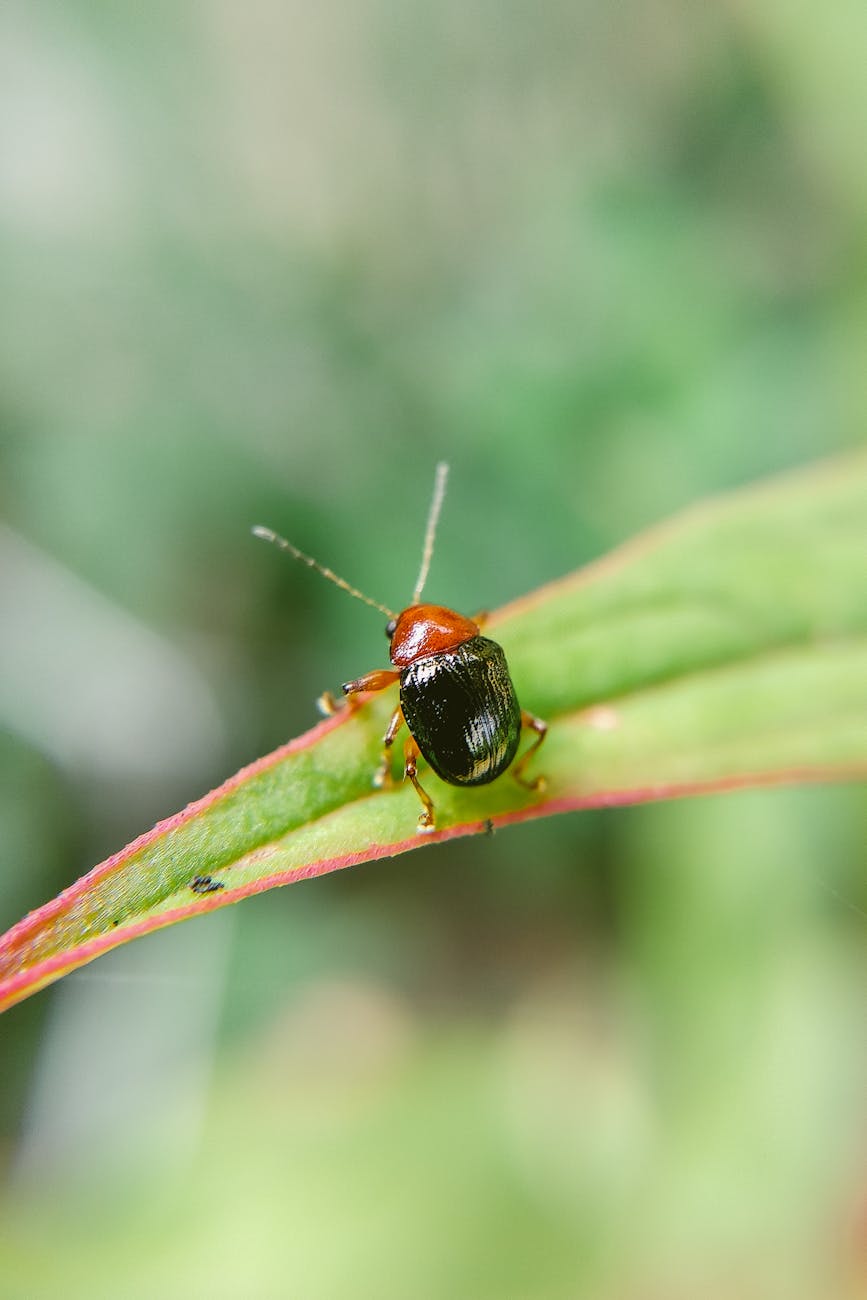Pest control is an essential aspect of maintaining a healthy and vibrant lawn. From grubs to chinch bugs, invasive weeds, and more, managing a wide array of pests is crucial. This guide delves into effective lawn pest control strategies, incorporating Integrated Pest Management (IPM) principles to ensure your outdoor space remains lush and thriving.
The Importance of Lawn Pest Control
Proper pest management is pivotal for:
- Preventing Damage: Early detection and control of lawn pests not only prevent significant damage but also ensure your lawn remains healthy and vibrant.
- Maintaining Lawn Health: Adopting strategies for pest management enhances the vitality and resilience of your lawn against diseases.
- Environmental Balance: Moreover, utilizing eco-friendly methods for controlling pests protects your yard’s ecological harmony.
Identifying Common Lawn Pests
Accurate identification of pests is the first step toward effective pest control. Resources like the University of Minnesota Extension Yard and Garden educators provide excellent guides for diagnosing and managing common pests, employing the lowest risk options first.
- Biological Controls: Employing natural predators, such as beneficial nematodes, can effectively manage pest populations without harming your lawn or the environment.
- Cultural and Mechanical Methods: Furthermore, encouraging healthy lawn practices and employing physical barriers can significantly reduce pest infestations and weed growth.
- Chemical Treatments: When necessary, choosing and using pesticides with lower environmental impact, and meticulously following label instructions ensures safety..
Smart Practices for Pest Control
Implementing smart practices can profoundly impact pest control:
- Plant Selection: Choose plants that are well-suited to your area and resistant to common pests.
- Water Management: Appropriately watering your lawn to avoid conditions that favor pests is also essential.
- Mulching and Weed Barriers: Use mulch to suppress weeds and retain soil moisture, reducing the chances of pest problems.
When to Consult a Professional
Sometimes, despite best efforts, pest problems may require professional intervention. If the issue is complex or persistent, seeking expert advice can provide a customized solution tailored to your lawn’s specific pest control needs.
Your Guide to a Pest-Free Lawn
In conclusion, integrating IPM practices and focusing on preventive and non-chemical control methods can greatly enhance the health and beauty of your lawn. By staying informed and proactive, you can ensure your lawn remains a thriving, pest-free environment.
Keeping your lawn healthy and pest-free is a rewarding journey, and we’re here to help every step of the way. Explore more lawn care insights and tips on our website to transform your outdoor space into a lush, vibrant oasis.
Share this post:
